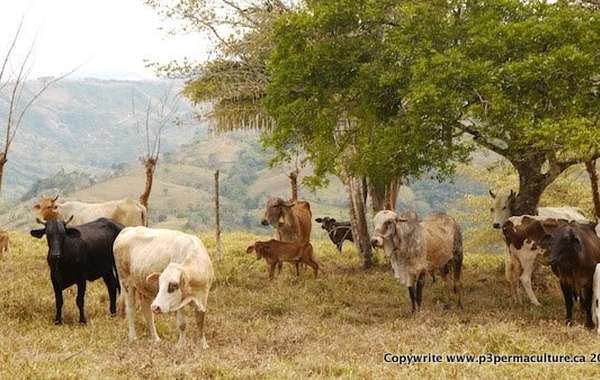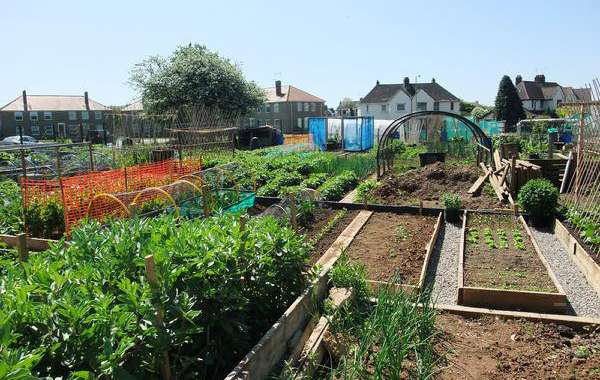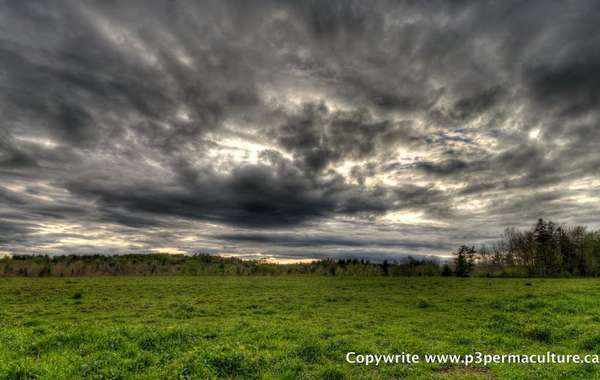Permaculture: the ethics, principles and design process - is based on living systems. Permaculture draws upon both traditional and scientific knowledge. It can be applied to physical systems (eg. farms, gardens, cities) and to social systems (eg. organisational flows, business models, school curricula) anywhere. These courses focus on permaculture as DESIGN, which can be broadly applied to land-based, urban, social or economic systems.
This course will be held at the instructors' own site, which has been designed using permaculture. This is an excellent opportunity to learn firsthand on the site.
Course Topics:
Permaculture ethics and design principles
- Earth Care, People Care, Share the Surplus
- Work with nature, start small and slow, emphasize multiple functions, create redundancy, promote beneficial relationships, use renewable resources, cycle resources, maximise diversity and edges, work with evolution, and be creative
Patterns in nature
- Branches, webs, spirals, waves
Zones and sectors
- Zone analysis – looking at elements/activities based on frequency of use or care
- Sector analysis – looking at uncontrollable forces that enter a system
Design process overview, mini design exercise
- The basic design process and a mini design exercise in small groups
Role of trees and forests
- Water cycling, moderating temperature, wind shelter
- Forest garden patterns
Basics of edible forest gardens, guilds, polycultures, sheet-mulch
- Layers and functions of forest gardens
- Some useful species
- How to sheet mulch
Garden hands-on (2 to 3 hours)
About 1 to 3 hours is spent on each of the main course topics above.
The class hours and cost can be applied as credit towards the full Permaculture Design Course offered in Ottawa in fall 2013.
To register: [email protected] or 613-267-1926
*Please note that meals and accommodations are NOT included in the course.























Comments (0)
Sign Up to Comment